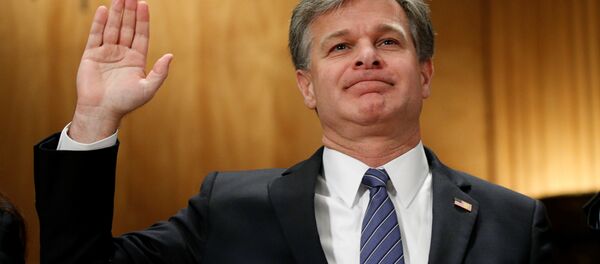The tightening of the law, which is in response to the increased frequency of terrorist attacks in the UK this year, applies to material streamed online or viewed repeatedly.
Currently, the maximum penalty is 10 years and only applies to material that is downloaded and saved on the transgressor's computer. The amendments to the law, outlined in Section 58 of the Terrorism Act 2000, will protect people who mistakenly click on a link. In addition, a defense of "reasonable excuse" will apply to academics, journalists or others with appropriate reasons to view the terrorist content.
"I want to make sure those who view despicable terrorist content online, including jihadi websites, far-right propaganda and bomb-making instructions, face the full force of the law," Rudd said in a Conservative Party Conference.
"This is an increasingly common means by which material is accessed online for criminal purposes and is a particularly prevalent means of viewing extremist material such as videos and webpages," the home secretary added, the Guardian reported.
According to a UK Home Office analysis, Daesh supporters have published around 67,000 tweets in English that link to online propaganda since September 1, 2016. In just the first eight months of this year alone, more than 44,000 Daesh propaganda links have been generated and shared.
Rudd's announcement comes a day after she criticized the tech industry at an earlier sideline meeting for "patronizing" and "sneering" at politicians who try to regulate online industries.
In the meeting, Rudd added that end-to-end encryption services like WhatsApp, which is a system of communication that prevents telecom providers, internet providers and others eavesdroppers from deciphering encrypted messages between communicating users, facilitate the spread of anonymous online terrorism content.
When asked by an audience member if she understood end-to-end encryption, Rudd said, "It's so easy to be patronized in this business. We will do our best to understand it. We will take advice from other people. But I do feel that there is a sea of criticism for any of us who try and legislate in new areas, who will automatically be sneered at and laughed at for not getting it right. I don't need to understand how encryption works to understand how it's helping the criminals."
"I will engage with the security services to find the best way to combat that," she added.




